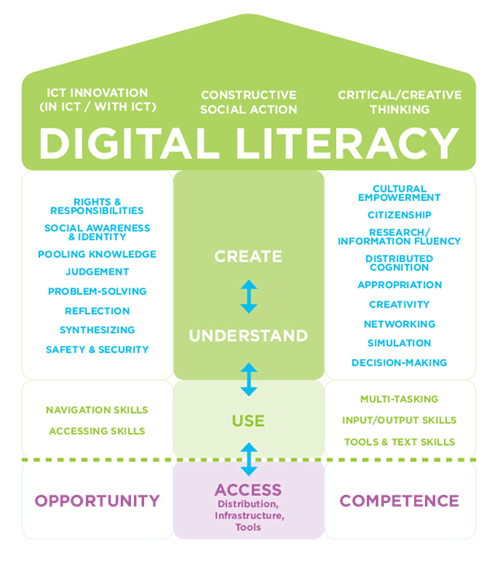Are you studying current affairs, controversial issues, a historical event, an environmental concern, or another topic that ties into your English class?
Try one of these databases:
Logins for all VLC databases are found on the back of the VLC Bookmark.
Talk to your LCI today!
This is an informative video on bias.
What it is and how to spot it.
Hint--turn your computer on mute, unless you enjoy the classical music interlude!

Researching involves looking at a variety of sources: books, websites, magazine and journal articles, newspaper clippings, blogs etc. The Internet can be a valuable source to find information, but you have to make sure that what you are finding is 'good' information. How? Look closely at the information you find online and look for:
Currency - when was the article written, or the website updated? Is the information 'old' news that may have been updated or corrected?
Authorship - does the website or the article tell you anything about who wrote it? Is it somebody who you might consider to be an 'authority' in the field, an expert, or someone who is a well-respected writer? If it is a blog or twitter feed, does the individual have followers who might be considered authorities in their field?
Credibility/Quality - is the information complete? Does is seem believable given what you already know? Are there obvious errors? Is the information presented neutrally, or is it presented as an opinion? Does it cover all sides of a story and present differing points of view? Can it be corroborated by other sources? If the authorship is a group of people (like Wikipedia), look at the history of the entry. Has there been any discussion on what to include in the entry, or any disagreements on facts?
Why was the information put on the web? - what is the author's motive to make the information available? What type of website is it (eg. is it from an educational institution .edu, a government website, or is it a company trying to sell a product or service)?
There are many different ideas, perspectives, opinions, studies and reports on any given topic. The most important thing for you to do is to ask these questions and always think critically about what you read!
Suggested search terms for Destiny:
Inspiration software
Don't forget the Inspiration software found on all UCDSB computers.
This program is for visual learning:
graphic organizers, concept mapping, mind mapping, outlining, webbing, and plots and graphs.